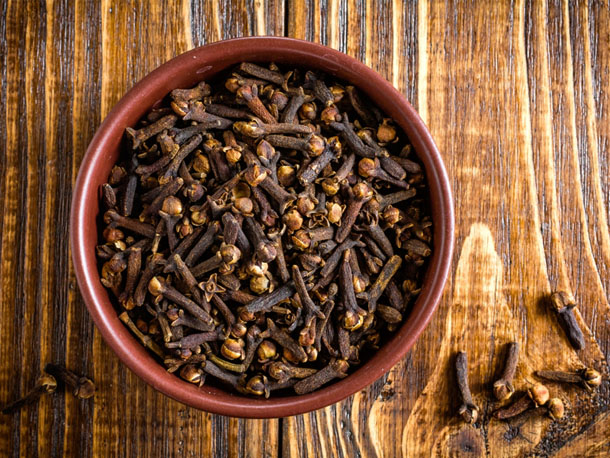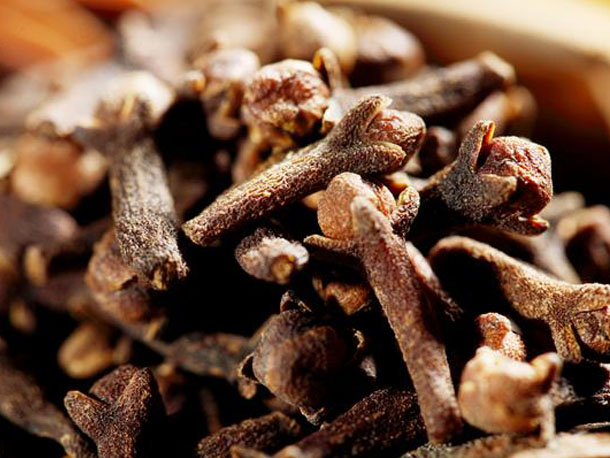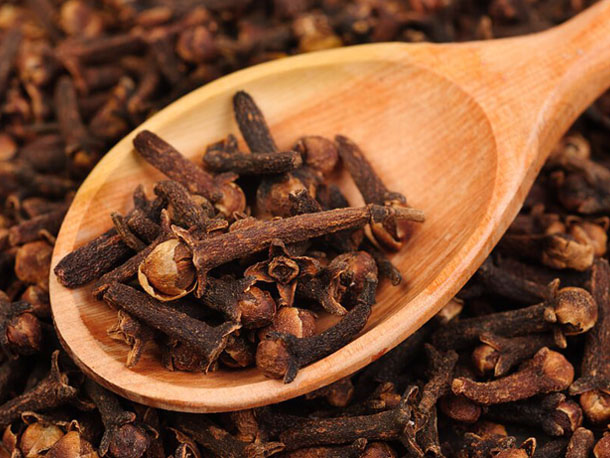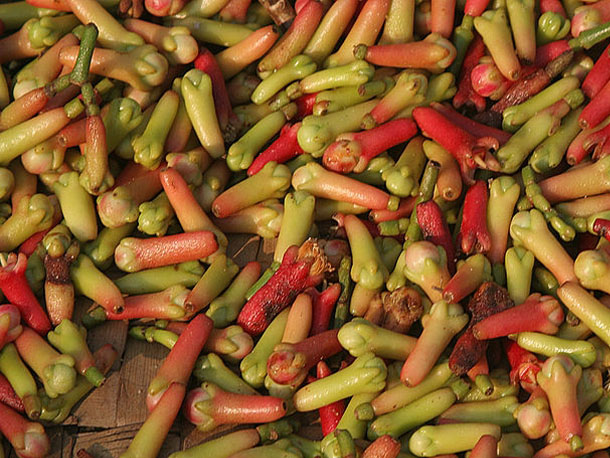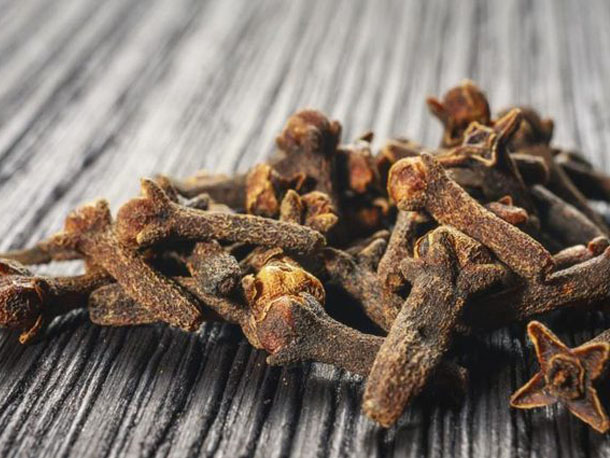Global cloves market quiet over last month
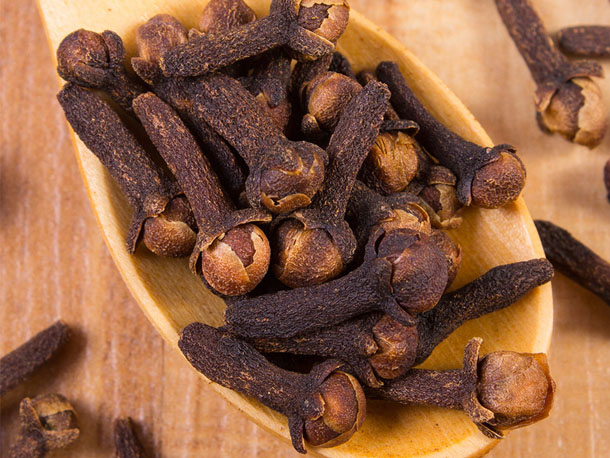
The global cloves market has been quiet since mid-January, French trader Aromatum observed in a February 14 report.
The company noted that this applies despite the local Malagasy market remaining firm and speculative.
Madagascar’s crop was good, being estimated at around 14,000 tonnes so farmers and collectors have enough money to live well for the time being.
Gregoire Courme of Aromatum explained that farmers have been requesting prices above MGA23, 000 (USD7.20) per kilo delivered Tamatave since mid-January. He noted that several shippers said that it is impossible to expect a better price this year. “So the prices will not any more match the one requested by the buyers, who are expecting prices below USD8.500 per tonne c&f,” Courme added.
Exporters have regularly increased their prices. “Most of them made big losses at the start of the season, when they did contracts at USD6,500-6,800 per tonne fob,” Courme recalled.
Aromatum estimates that 8,000 tonnes has been already shipped mainly to India. “Now, shippers are expecting to see the Singaporean buyers enter strongly in the market to supply the potential Indonesian market,” the report noted.
In terms of quality, the 2015/16 season Madagascar crop is average, because clove buds became ripe quicker than usual due to the rains in October. “The quantity of headless cloves is increasing regularly in crude cloves brought by collectors since January, which impacts the export prices,” Courme added.
In Comoros, the crop is over and the stocks are in the hands of collectors, who are asking for similar prices to those from Madagascar. However, the quality of the Comoros cloves is not as good as that seen in the current goods from Madagascar.
Prolonged tightness ahead
Aromatum expects the market to remain tight for a long time due to a number of factors:-
(1) Zanzibar had a small crop this year and some Indian buyers have purchased Zanzibar cloves at prices of up to USD8,900/tonne c&f India.
(2) The Sri Lankan crop was small.
(3) El Nino has impacted the cloves trees in Indonesia. The clove leave oil campaign was excellent this year, because lots of leaves have fallen due to the dryness. Everybody knows that when trees lose their leaves, they become weak, so the quantity of flowers will be smaller for the coming years, which means less clove bud. As a result, Aromatum is convinced that the next Indonesian clove crops will be impacted for at least two years.
Moreover the cloves production has a crop cycle of three years, so as the two last years were good in Indonesia, the coming crop will definitively be small, Courme warned.
(4) The next crop in Madagascar will be also small with a “low” quality because the next crop will be small in the north after two good crops and Aromatum expects an average crop in the south – so the clove size will be small and the colour dark.
(5) The Malagasy packers are convinced the market will rise in the coming months due to the potential small crop in Indonesia. In addition, they expect to see the Indian buyers coming back. Indian buyers are said to have already bought 80% of the Madagascar cloves exports this season.
Aromatum noted that currently it seems still cheaper to buy from resellers and from certain traders,who might still have long positions. “Unfortunately, this is not our case, we are sold out,” the report concluded.

